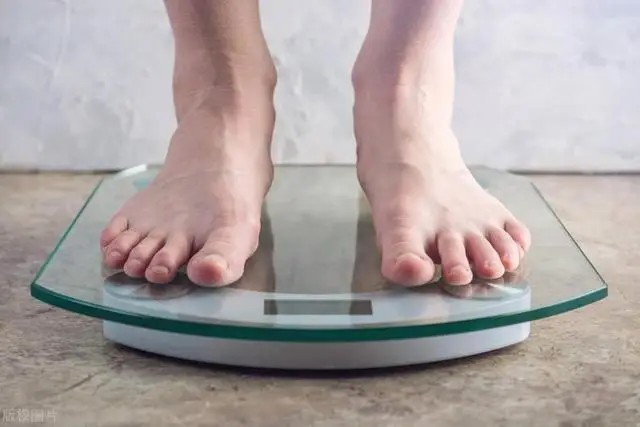
In the field of scientific fitness, fat loss and weight loss are two frequently mentioned but sometimes confusing concepts. While both involve a reduction in body weight, they are not entirely the same and employ different methods.
Understanding Body Fat
The main goal of fat loss is to reduce body fat. A key concept closely related to fat loss is body fat percentage, also known as body fat ratio or body composition. This measures the proportion of fat in total body weight, calculated as:
Body Fat Percentage = (Fat Weight ÷ Total Body Weight) × 100%Importance of Body Fat Percentage
- More accurate health indicator than BMI (Body Mass Index)
- Directly affects health and physical appearance
- Varies by gender and age:
- Healthy range for adult women: 20-25%
- Healthy range for adult men: 15-18%
Health Risks of Extreme Body Fat Levels
- Too Low:
- Can lead to dysfunction
- May affect athletic performance
- Too High:
- Associated with chronic diseases
- Increased risk of hypertension
- Higher risk of coronary heart disease
- Greater likelihood of diabetes
Six Key Differences Between Fat Loss and Weight Loss
1. Target Population
- Fat Loss:
- People with high body fat percentage
- Those seeking body composition improvement
- Weight Loss:
- Athletes in weight-class competitions
- People with specific weight requirements
2. Purpose
- Fat Loss:
- Focus on reducing body fat
- Emphasis on body composition change
- Weight Loss:
- Focus on numerical weight reduction
- May include loss of water, muscle, or fat
3. Methods
- Fat Loss:
- Combines healthy diet with targeted exercise
- Emphasizes strength training and cardio
- Focuses on metabolic improvement
- Weight Loss:
- May include rapid methods like severe dieting
- Might involve dehydration
- Sometimes uses diuretics
4. Health Impact
- Fat Loss:
- Reduces cardiovascular disease risk
- Lowers Type 2 diabetes risk
- Overall health improvement
- Weight Loss:
- Potential malnutrition
- Risk of muscle loss
- Possible metabolic slowdown
5. Sustainability
- Fat Loss:
- Long-term lifestyle changes
- Sustainable results
- Recommended loss: 0.5-1.0 kg/week
- Weight Loss:
- Often short-term focused
- Higher risk of weight rebound
- Less sustainable results
6. Psychological Impact
- Fat Loss:
- Positive lifestyle changes
- Improved self-confidence
- Better quality of life
- Weight Loss:
- Risk of eating disorders
- Increased psychological stress
- Potential negative relationship with food
Conclusion
Fat loss is a process focused on improving health and body composition, while weight loss often emphasizes short-term weight reduction. Both require scientific guidance and appropriate methods to achieve their respective goals safely and effectively.
Recommendations for Healthy Fat Loss:
- Focus on sustainable lifestyle changes
- Maintain a balanced, nutritious diet
- Incorporate regular exercise
- Set realistic goals
- Monitor progress through multiple metrics
- Prioritize long-term health over quick results
- Seek professional guidance when needed
- Stay patient and consistent

